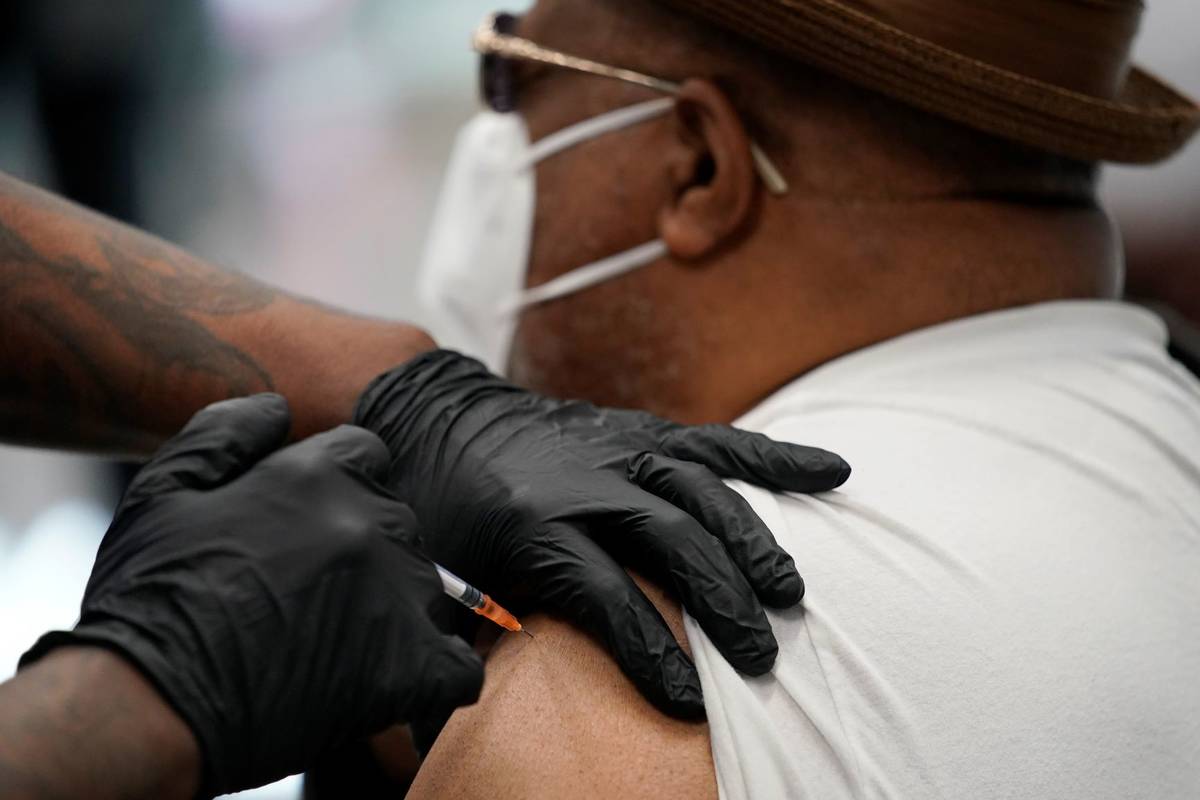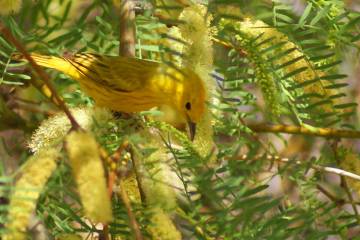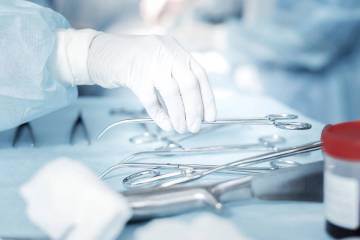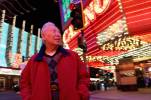Q&A: When’s the best time to get vaccinated after an infection?
Q. With the huge number of people who have contracted COVID-19, I am amazed at how little information is available about the vaccination for those of us who have had it and recovered. Three doctors I know of have given three different answers. Mine said to wait 90 days until getting vaccinated. My sister, who was hospitalized for covid, was told by her doctor to wait 90 days plus 14 days because she received antibodies in the hospital. And a friend’s doctor, at the Veterans Administration, told her that covid recoverees can get the vaccination 14 days after their last symptom. — J.T.
A. First, J.T., you are correct that health authorities recommend vaccination for people who have had a coronavirus infection.
Vaccination may provide longer-lasting immunity than infection does. It may also offer better protection from certain aspects of a disease than natural immunity does, as is the case with the shingles vaccine, said Dr. David Weismiller, a professor in the UNLV School of Medicine’s Department of Family and Community Medicine.
“Although the innate immunity is important, we know that vaccines, in general, augment that protection,” he said.
In terms of timing, people should wait until they’ve recovered from a coronavirus infection before getting vaccinated.
Those who were treated for COVID-19 with monoclonal antibodies or convalescent plasma should wait 90 days before getting a COVID-19 vaccine, according to the Centers for Disease Control and Prevention.
The CDC urges patients to talk to their doctor if they are unsure of what treatments they received or if they have other questions about getting a COVID-19 vaccine.
For most people, waiting a couple weeks will suffice, according to the federal public health agency.
People who experienced symptoms should wait at least 10 days from the onset of symptoms and at least 24 hours since the resolution of fever without the use of fever-reducing medications, and until other symptoms have improved, according to the CDC.
Those without symptoms should wait at least 10 days after the date of their first positive test.
The VA Southern Nevada Healthcare System advises patients who had more severe symptoms to wait 20 days, representative Chuck Ramey said.
Earlier guidance for patients with prior infections was to wait 90 days, Ramey said in am email.
Ninety days is an estimate of how long immunity from natural infection may last, though it could be longer, Weismiller said.
“If you have that innate immunity for 90 days, probably best to get it (a vaccination) sometime before that 90 days is up,” Weismiller said.
With still so much unknown about this virus, public health guidance on optimal timing, he acknowledged, remains “squishy.”
Contact Mary Hynes at mhynes@reviewjournal.com or 702-383-0336. Follow @MaryHynes1 on Twitter.





























